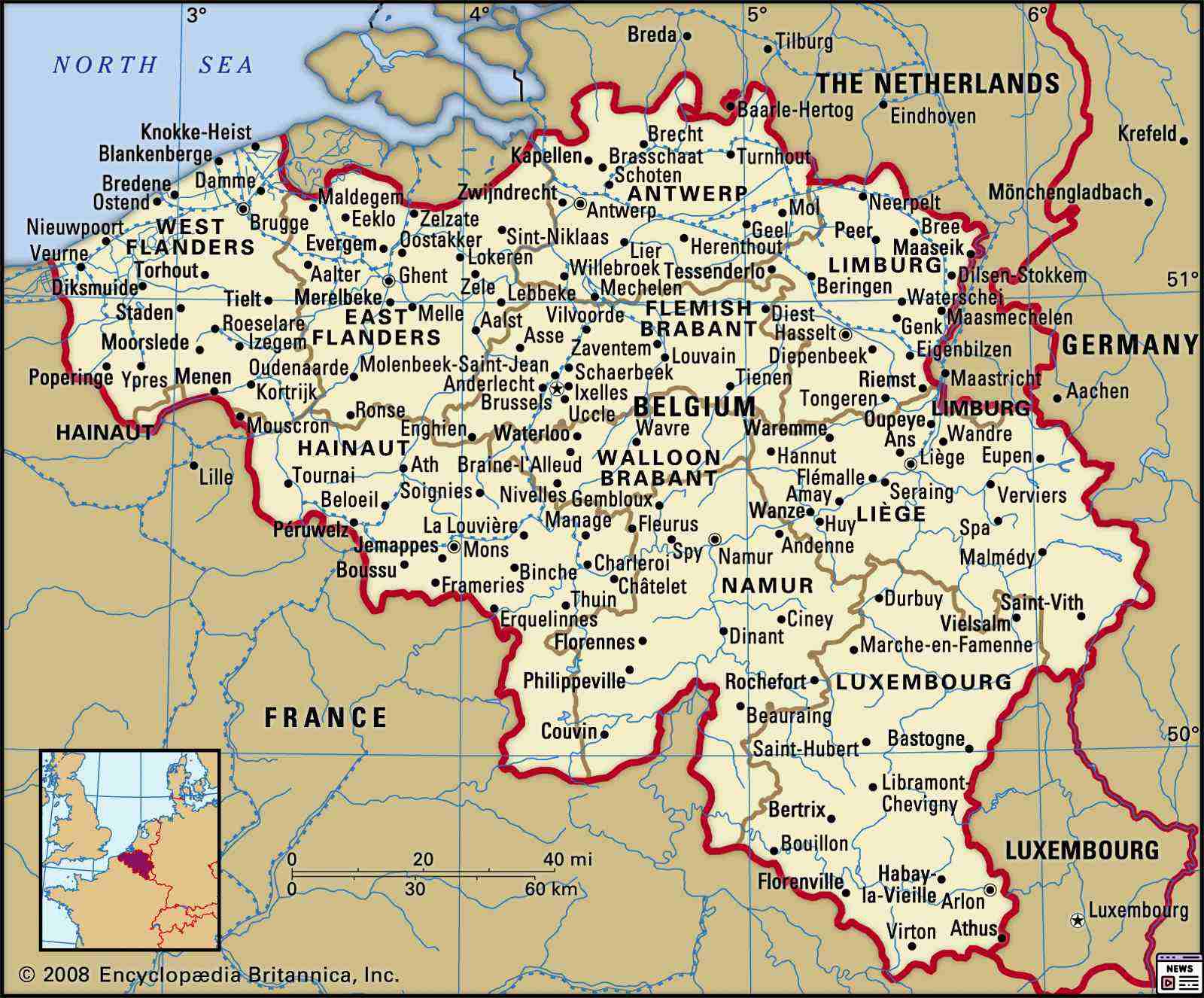Updated on: October 9, 2024 11:54 am GMT
Belgium Rejects Hungary’s Plan to Bus Migrants to Brussels
In a diplomatic clash set against the backdrop of ongoing tensions surrounding migration policies in the European Union, Belgium has strongly condemned Hungary’s recent threats to transport migrants to Brussels. This move comes in response to a €200 million fine imposed on Hungary by the European Court of Justice for violations related to asylum seekers. The escalating situation reflects deep divisions in the EU regarding migration management and compliance with community law.
Belgian Government’s Strong Response
On Monday, Belgium’s high-ranking officials expressed their discontent with Hungary’s provocative intentions. Hadja Lahbib, the Belgian foreign affairs minister, criticized the proposal as an act of defiance that undermines shared European responsibilities. “Migration policy is a common challenge that must be tackled in an orderly fashion and with solidarity by all member states,” Lahbib stated, reinforcing Belgium’s commitment to collaborative solutions to migration issues.
Policy Implications and Statements
Nicole de Moor, the state secretary for asylum and migration, further elaborated on Belgium’s stance. She emphasized that if Hungary follows through with its threat to unilaterally bus migrants to Brussels, Belgium would not facilitate access for what she described as “migration flows that are instrumentalized in this way.” De Moor’s comments highlight Belgium’s insistence on maintaining respect for European institutions and agreed-upon policies.
Brussels’ Call for EU Action
In light of the escalating situation, Belgium’s permanent representative to the European Union has been directed to discuss the matter with Hungarian officials, urging a strong response from the European Commission. Philippe Close, the mayor of Brussels, articulated the sentiment among local leaders by asserting that Hungary’s actions indicate a blatant disregard for EU regulations and called for measures to prevent any buses from crossing the border into Belgium.
Financial Context and EU Relations
Close’s comments bring attention to a critical aspect of Hungary’s status within the EU: its role as a net recipient of EU funds. “How long are we going to tolerate these provocations from a country that we subsidise?” he questioned, underscoring growing frustration among EU member states over Hungary’s non-compliance with established European norms.
The Court Ruling and Its Aftermath
This diplomatic standoff is rooted in a ruling from the European Court of Justice that accused Hungary of committing an “unprecedented and exceptionally serious breach of EU law.” The court’s decision, delivered in June, determined that Hungary’s asylum policies contradicted EU regulations and imposed substantial fines to compel compliance. The ruling has provoked sharp reactions from Hungarian officials, including Prime Minister Viktor Orbán, who described the fine as “outrageous and unacceptable.”
Orbán’s Controversial Threats
In a display of defiance, Orbán’s government has proposed providing irregular migrants with “one-way tickets” to Brussels, coupled with the unveiling of buses marked for this purpose. The state secretary for the interior, Bence Rétvári, confirmed that transportation would be offered “voluntarily” and “free of charge,” framing the initiative as a response to perceived EU demands for migrant management.
Broader Migration Policy Discourse
The controversy is not limited to Hungary’s actions alone; it highlights broader discussions about migration governance within the EU. Orbán has called for an opt-out clause from EU migration policies, a proposal that has sparked debate regarding its feasibility. Revisiting established EU treaties is seen as a complex and potentially divisive maneuver, but the proposal reflects the heightened tensions within the bloc regarding the management of migration and asylum.
Current Climate of EU Relations
As this dispute unfolds, it coincides with Hungary’s decision to extend its National Card scheme to citizens of Russia and Belarus. The European Commission has raised concerns that this move poses risks to the integrity of the Schengen Area, further complicating Hungary’s relationship with other EU members.
Looking Ahead: A Fragmented EU Approach to Migration
As the situation develops, it is clear that Hungary’s tactics may strain its relations within the EU even further. The recent court rulings, along with Belgium’s adamant position, underline a pressing need for the EU to address migration policies with greater unity and clarity. The implications of Hungary’s proposed measures could crystallize into a significant test of the EU’s ability to enforce compliance with shared legal frameworks and to manage migration effectively across member states.
This growing conflict shows that migration is still a big problem in Europe. It needs careful handling and teamwork to find a fair solution for everyone.
